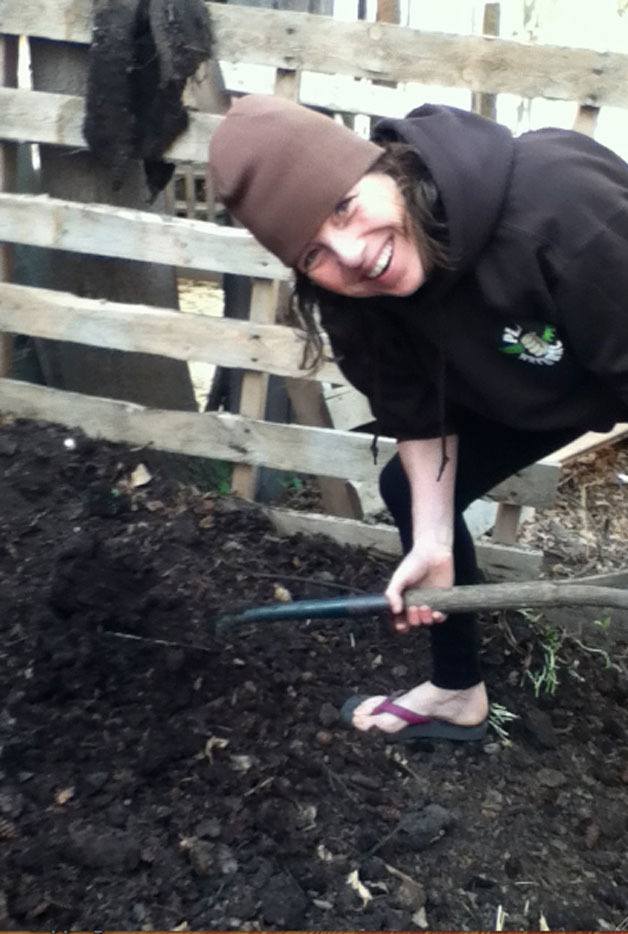“Bokashi – A Fermenter’s Alternative to Traditional Composting,” will be demonstrated from 3 to 5 p.m. Sunday, May 19 at the Deer Lagoon Grange. Cost is $40.
Former South Whidbey resident Kathleen Rauch will return from her Montana home to present this hands-on event. Learn the fundamentals of bokashi and how to make the beneficial blend of microorganism. Each participant will have the opportunity to make a pound of inoculated bokashi bran to support a bokashi habit.
Bokashi is a Japanese word that roughly translates as “fermented organic matter,” Rauch said. The process was developed in Japan by Professor Teruo Higa in the 1980s.
“Bokashi is a common practice in Japan and Korea for pickling and composting food waste. It is particularly applicable for urban settings as it doesn’t require much space,” Rauch said.
Bokashi compost does not attract vermin. It is used in South Africa, where baboons frequently raid traditional compost piles. In Montana she finds that buried bokashi waste is of little interest to scavenging bears.
Bokashi is a fermenting alternative to traditional composting, employing an effective microorganism mix of yeast and bacteria to “zombify/pickle/bokashi” (all synonymous) food waste in preparation for rapid decomposition in a compost pile or in soil.
Food waste, including meat, dairy, eggs and fats along with more traditionally composted fruits and vegetables can all be included in the process.
“All of this can be fermented using bokashi and then returned to the earth to make luscious, probiotic-rich, soil, either for planting or just good karma. Amazingly, the process only takes about a month from fork to soil,” Rauch said.
Scraps are mixed with the effective microorganisms and sit for a minimum of two weeks in an anaerobic container (5 gallon bucket, for example.) In much the same way that a cucumber is transformed into a pickle through fermentation, the food waste is transmuted by the presence of the micro-organisms into a stable, non-putrid, pleasant-smelling, pickled mix.
Once the initial fermentation completes, the food waste is ready to be added to either a compost pile or buried in soil where, with contact with soil microorganisms, the matter is transmuted into plantable soil within as little as two weeks. All together, the process takes as little as one month.
“Bokashi has tremendous applications in agricultural settings for the reclamation and speeded up composting of agricultural byproducts,” Rauch said. “It can also be used to manage the health of farm animals, manure piles and odor originating from livestock.



